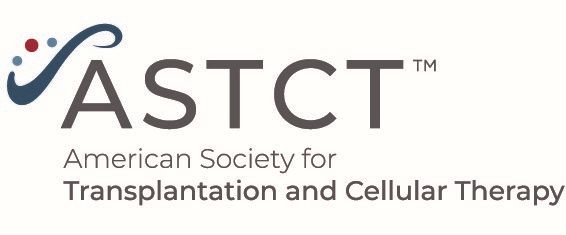
Calcineurin inhibition rescues alloantigen-specific central memory T cell subsets that promote chronic GVHD

These findings demonstrate the potential risks associated with CNI-based immunosuppression in stem cell transplantation without concurrent strategies to eliminate alloreactive T cells.
Researchers at Fred Hutchinson Cancer Center and QIMR Berghofer Medical Research Institute have found that calcineurin inhibitors (CNIs), while effective in preventing acute graft-versus-host disease (aGVHD), paradoxically promote the expansion and persistence of alloreactive central memory T cells (TCM), leading to chronic graft-versus-host disease (cGVHD). These findings demonstrate the potential risks associated with CNI-based immunosuppression in stem cell transplantation without concurrent strategies to eliminate alloreactive T cells.
The authors aimed to understand the mechanisms by which CNIs affect immune tolerance following allogeneic hematopoietic stem cell transplantation. As such, preclinical murine models and human samples were used and CNIs, such as cyclosporine (CSA) and tacrolimus (TAC), were used to simulate clinical conditions. To elucidate this mechanism, B6D2F1 recipients were transplanted with B6 bone marrow and T cells and treated with saline or CSA at different doses.
CNIs, while suppressing the expansion of effector T cells and attenuating aGVHD, inadvertently promoted the survival and expansion of alloreactive CD4+ TCM. CSA treatment led to an increased frequency of CD4+ TCM beyond two weeks post-transplant (p < 0.01), while higher doses (50 mg/kg) significantly suppressed CD8+ T cell expansion (p < 0.001). CSA-treated mice had higher CD4+-to-CD8+ ratios and reduced levels of apoptosis in CD4+ T cells (p < 0.05), with minimal effects on proliferation. Single-cell RNA sequencing revealed that CSA treatment downregulated glycolysis-associated genes and upregulated oxidative phosphorylation (OXPHOS) pathways, contributing to the quiescent and self-renewal phenotype of TCM. Additionally, CNI treatment inhibited all stages of T cell exhaustion, promoting memory T cell expansion with high clonality, particularly within the CD4+ compartment. PT-Cy, on the other hand, effectively deleted alloreactive T cells, reduced IL-17A–producing cells, and prevented severe skin cGVHD (p < 0.01). These findings highlight the need for combined therapeutic approaches to improve long-term transplant outcomes.
Reference
Wang Y, Ullah MA, Waltner OG, et al. Calcineurin inhibition rescues alloantigen-specific central memory T cell subsets that promote chronic GVHD. J Clin Invest. 2024;134(11):e170125. Published 2024 Jun 3. doi.10.1172/JCI170125
Newsletter
Stay up to date on recent advances in the multidisciplinary approach to cancer.



































